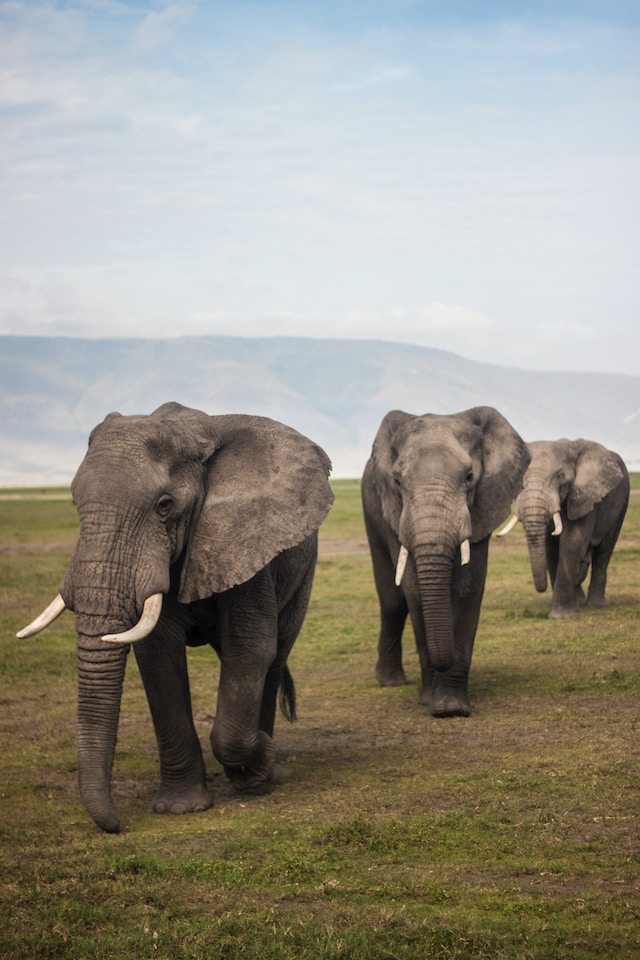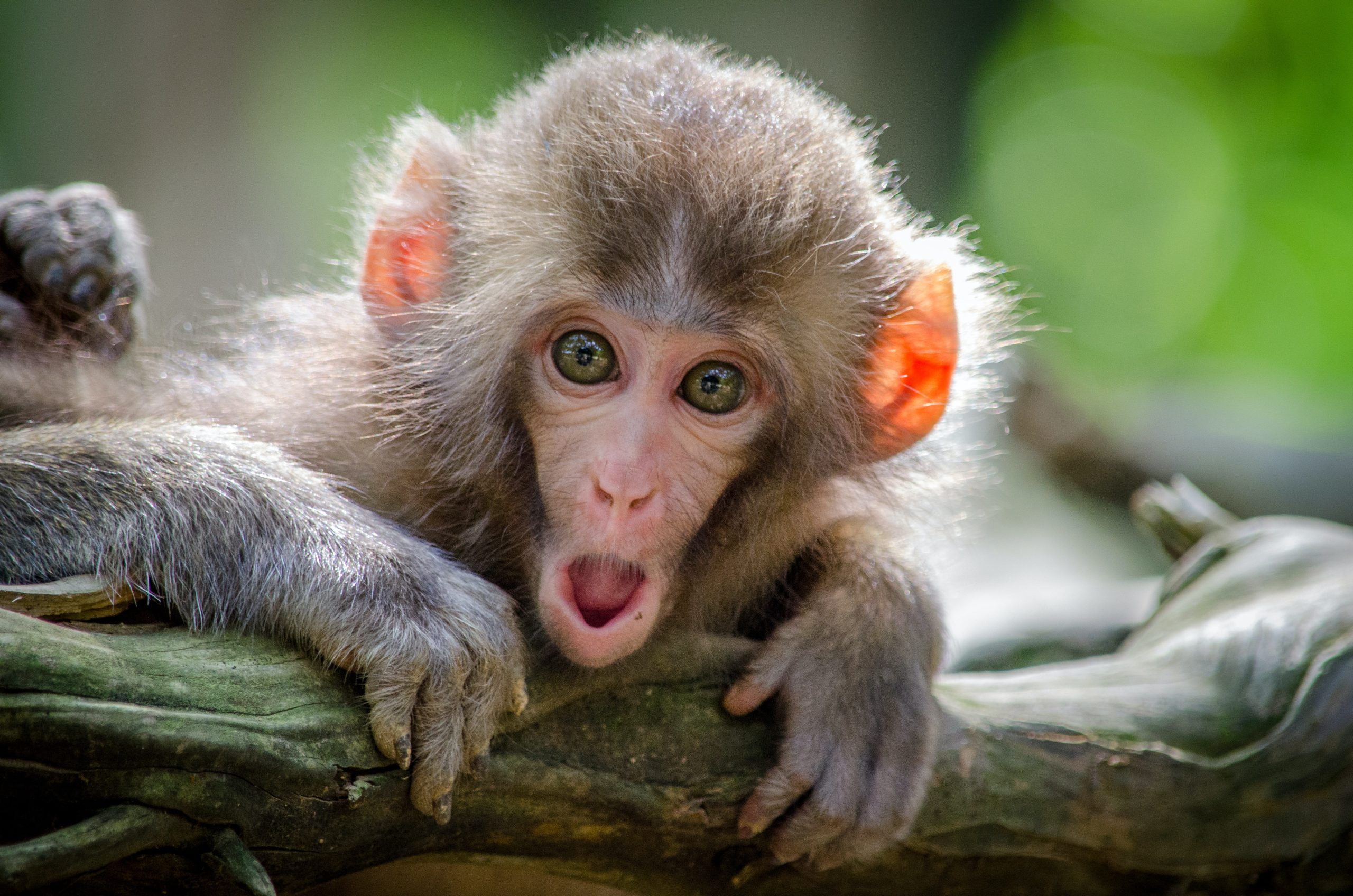The world of animal behavior never ceases to amaze us, and elephants are no exception. These magnificent creatures have long captivated our imaginations with their size, intelligence, and social complexity. Among the many questions surrounding their lives, one topic stands out: Do elephants really sleep while standing up? In this article, we delve into the fascinating realm of elephant sleep behavior, exploring scientific research to separate fact from fiction.
An Age-Old Myth: For generations, it has been widely believed that elephants sleep upright, standing on their massive legs. This notion has been perpetuated by countless photographs and depictions of elephants in apparent slumber while remaining on their feet. However, recent scientific studies have cast doubt on this long-standing assumption, prompting a closer examination of elephant sleep patterns.
The Reality of Elephant Sleep: Contrary to popular belief, elephants do not actually sleep standing up for extended periods. Research conducted by a team of dedicated scientists has revealed that elephants do lie down to sleep, albeit for relatively short periods. Using advanced tracking technology, researchers have monitored the sleep behavior of elephants and found that they spend approximately 2 to 3 hours asleep each day. During these restful periods, elephants prefer to lie down on their sides, often in protected areas where they feel secure.
The Mystery of “Sway Sleeping”: While elephants do engage in conventional lying-down sleep, they possess a unique adaptation known as “sway sleeping.” This behavior involves elephants resting in a semi-reclined position, often with their heads and trunks hanging loosely. They exhibit a distinctive swaying motion while dozing off, which helps them maintain balance and ward off insects. Sway sleeping allows elephants to rest while remaining vigilant, ready to respond to any potential threats.
The Role of Environmental Factors: Elephants, as highly intelligent and social creatures, are influenced by various environmental factors when it comes to sleep. Research has shown that they are more likely to lie down and sleep for longer periods in areas with minimal human disturbance and dense vegetation. These factors provide elephants with a sense of safety and seclusion, allowing them to enter into deeper sleep cycles without interruption.
The Importance of Restorative Sleep: Just like humans, elephants require sufficient restorative sleep to maintain their physical and mental well-being. During sleep, elephants undergo vital processes such as memory consolidation, muscle repair, and hormonal regulation. Inadequate sleep can lead to increased stress levels and potential health problems for these magnificent animals.
The Significance for Conservation: Understanding the true sleep behavior of elephants is not only a matter of scientific curiosity but also crucial for their conservation. Human activities, such as habitat destruction and poaching, disrupt their natural sleep patterns and threaten their overall well-being. By recognizing the importance of providing undisturbed sleep environments for elephants, conservationists can work towards protecting their habitats and ensuring the long-term survival of these remarkable creatures.
Conclusion: The longstanding myth that elephants sleep upright has been debunked by scientific research, revealing a more complex and nuanced understanding of their sleep behavior. While elephants do lie down to sleep, they also employ the unique adaptation of sway sleeping, enabling them to rest while remaining attentive to their surroundings. As we continue to uncover the mysteries of elephant sleep, it becomes increasingly important to safeguard their natural habitats and preserve the conditions necessary for their restorative slumber.










